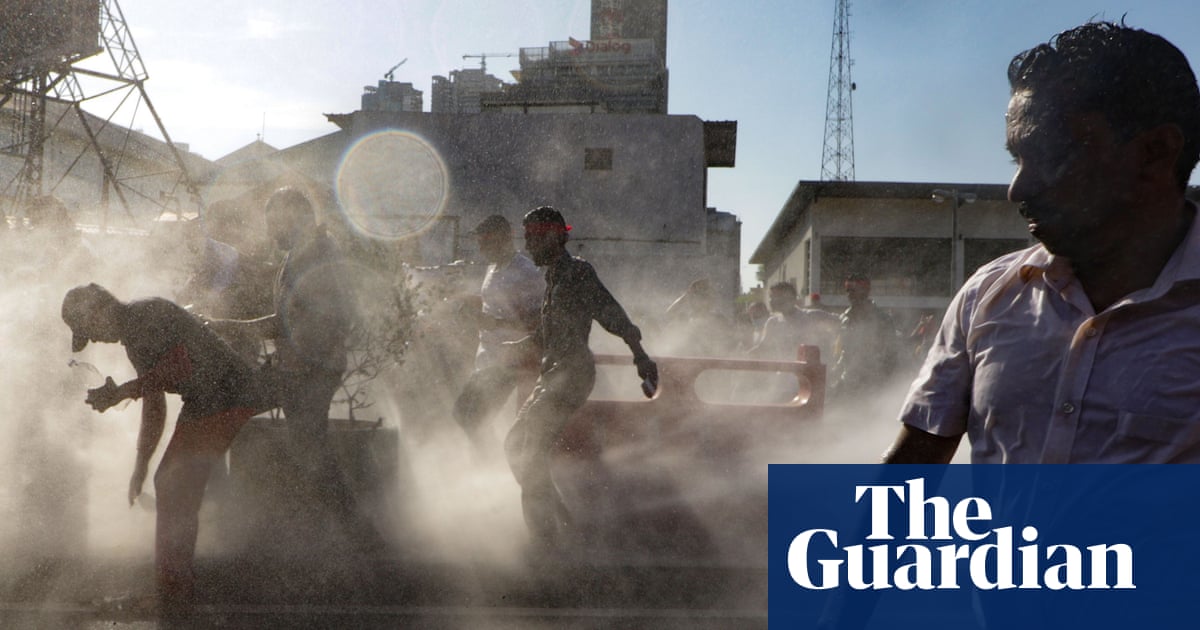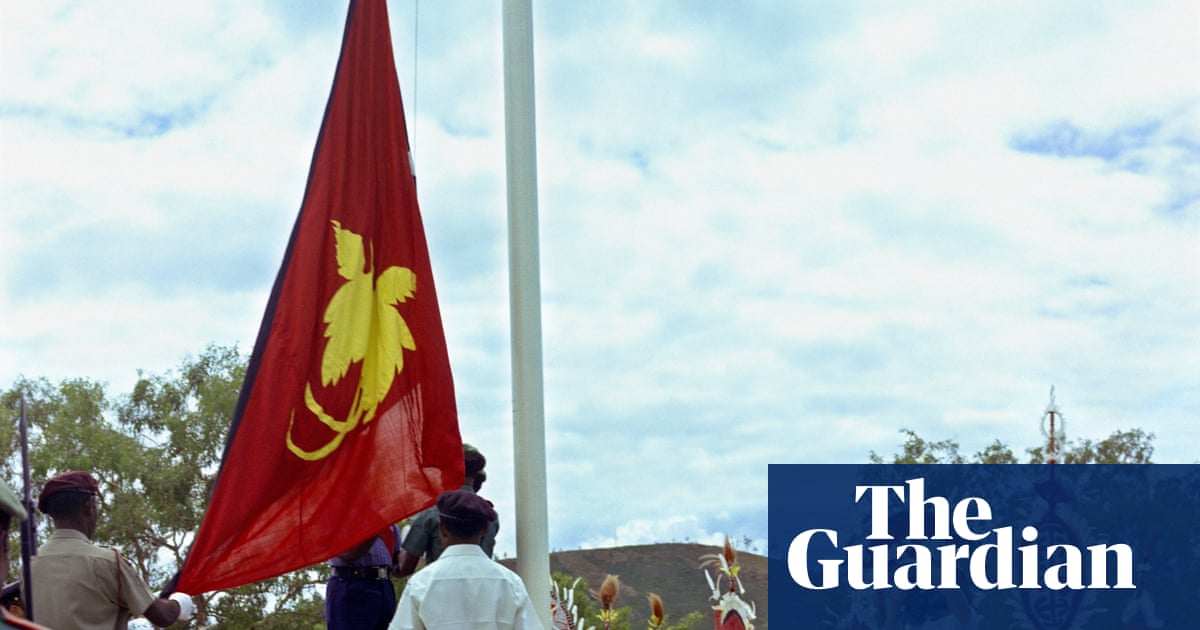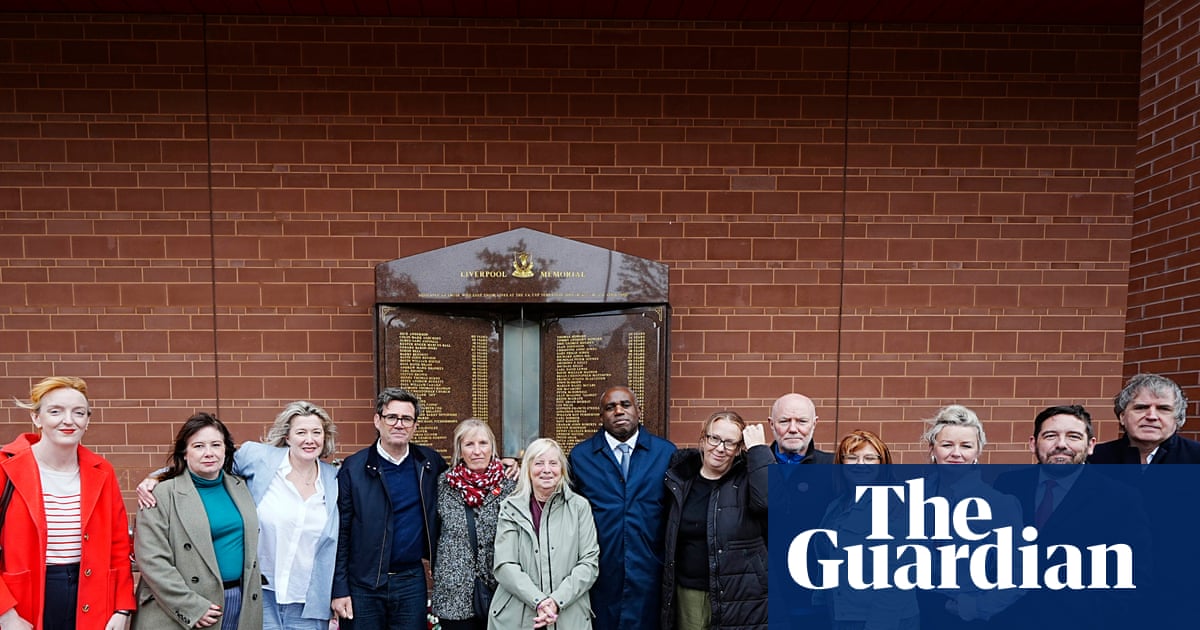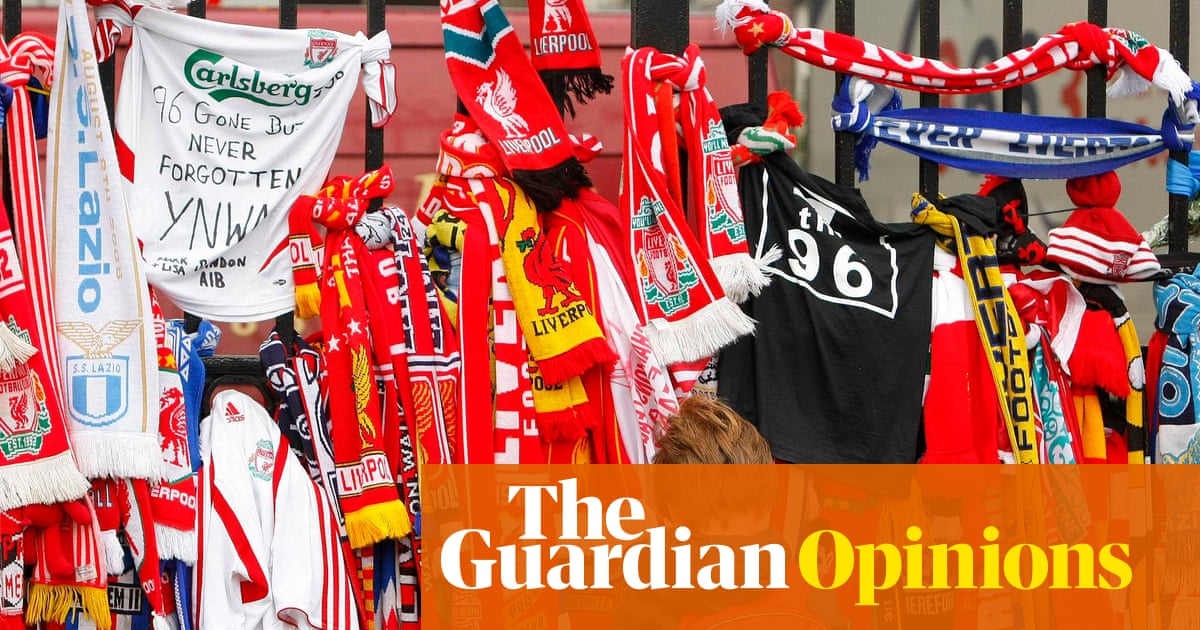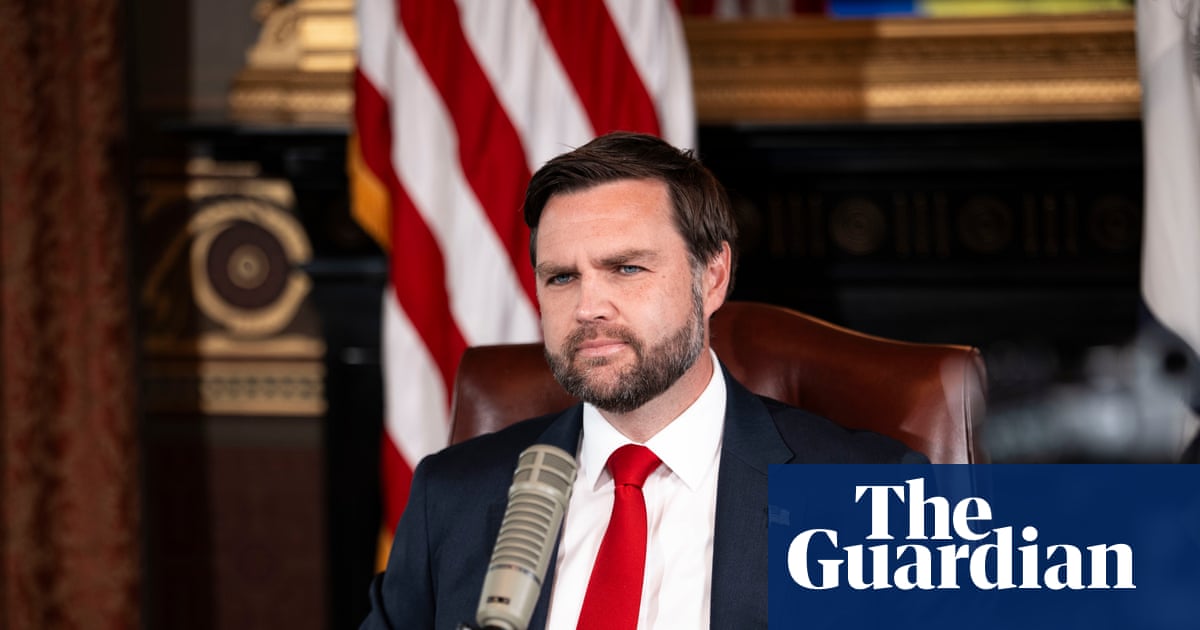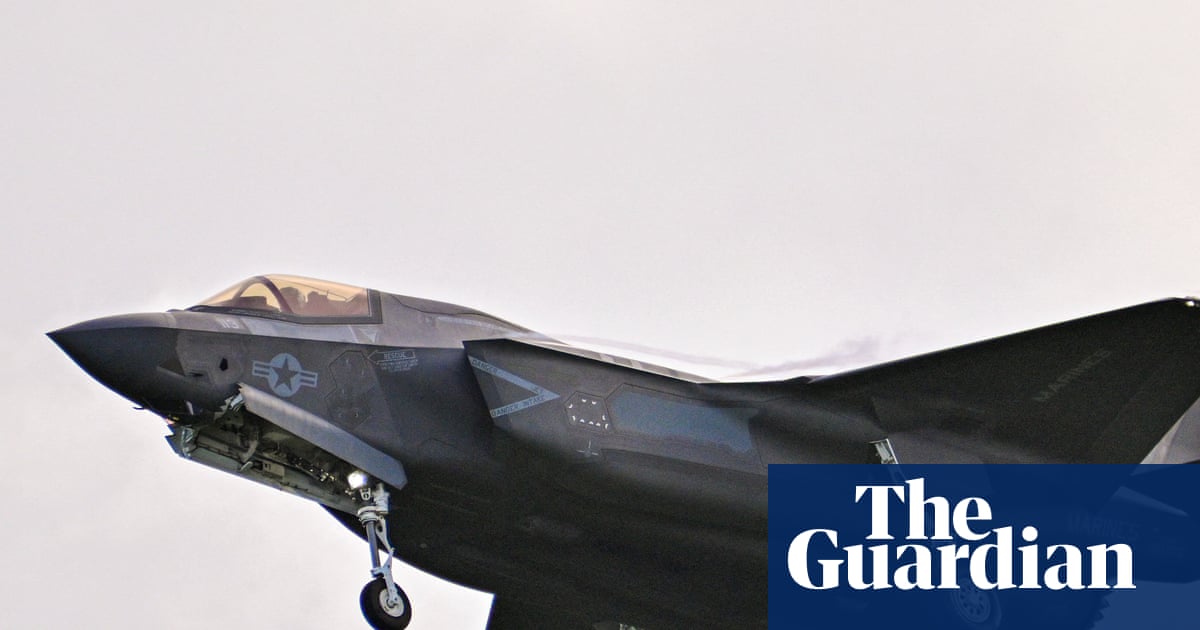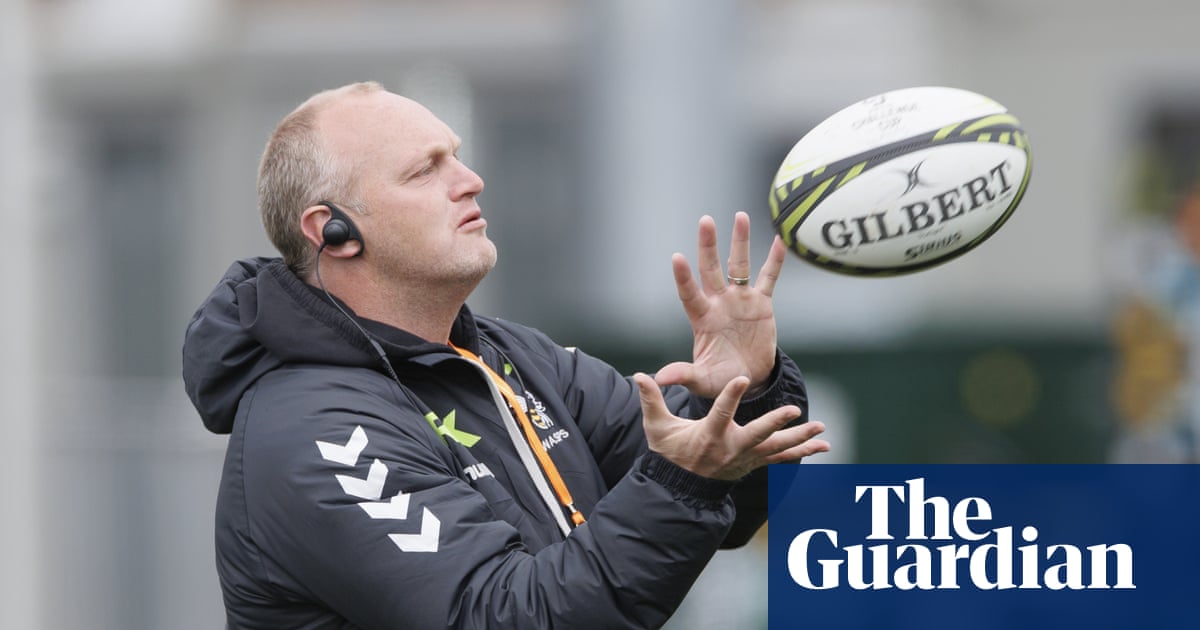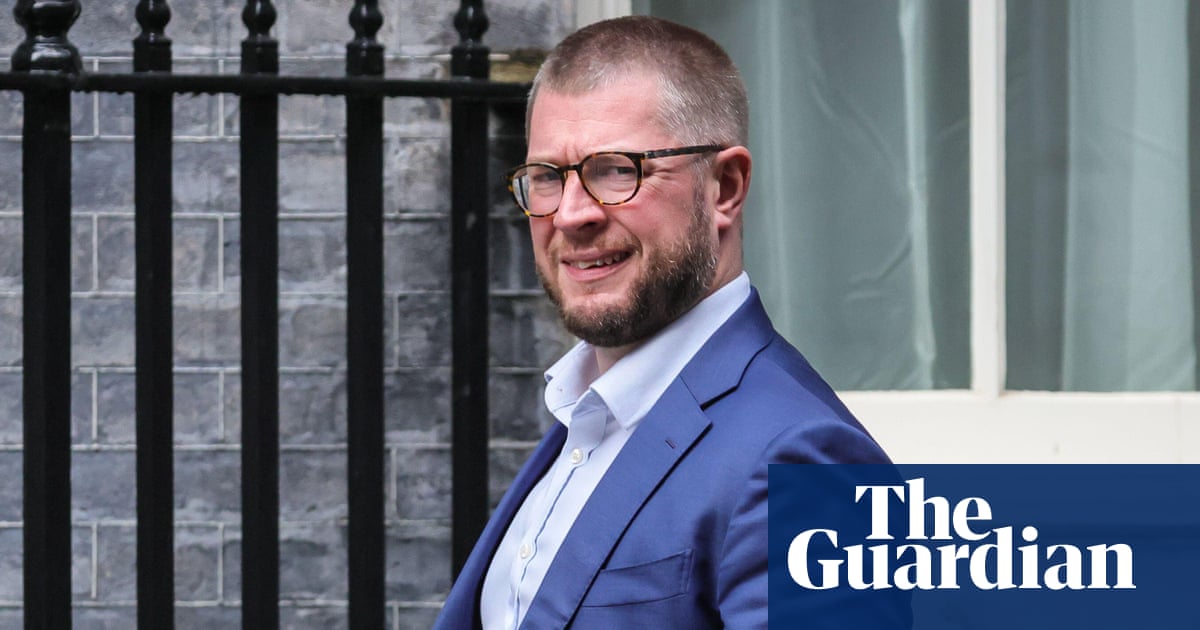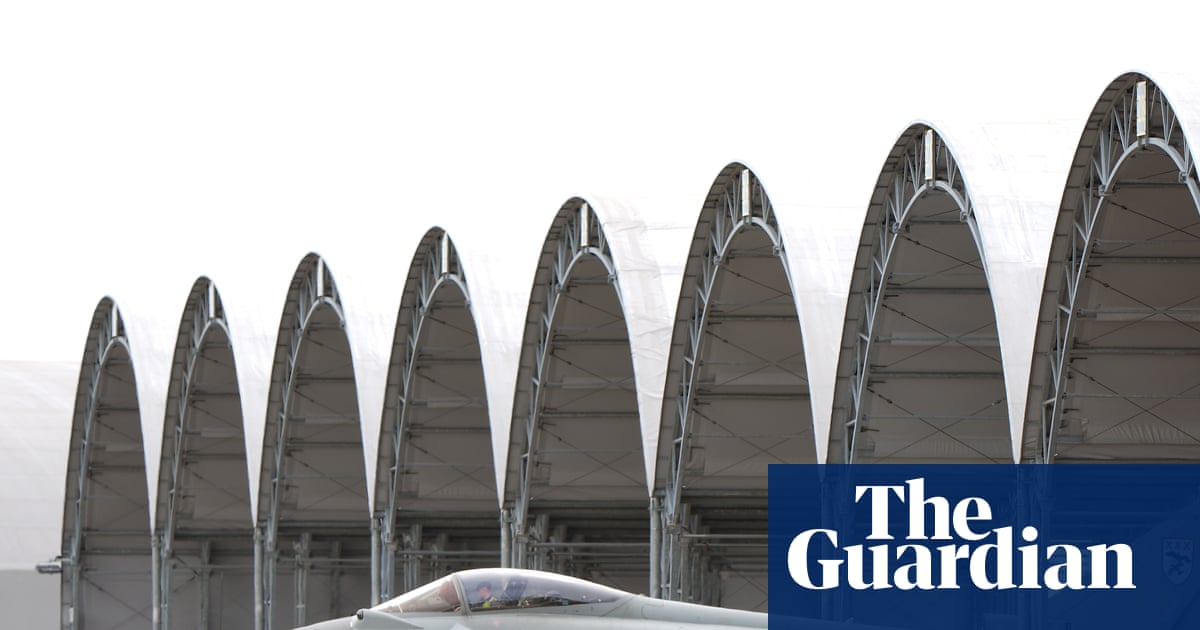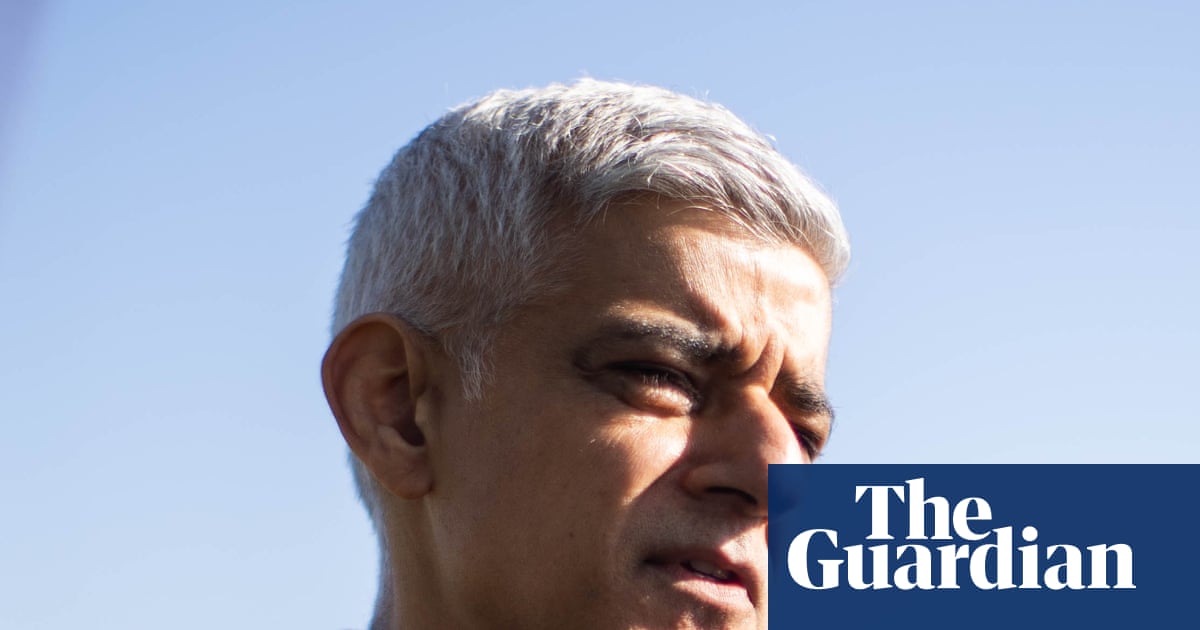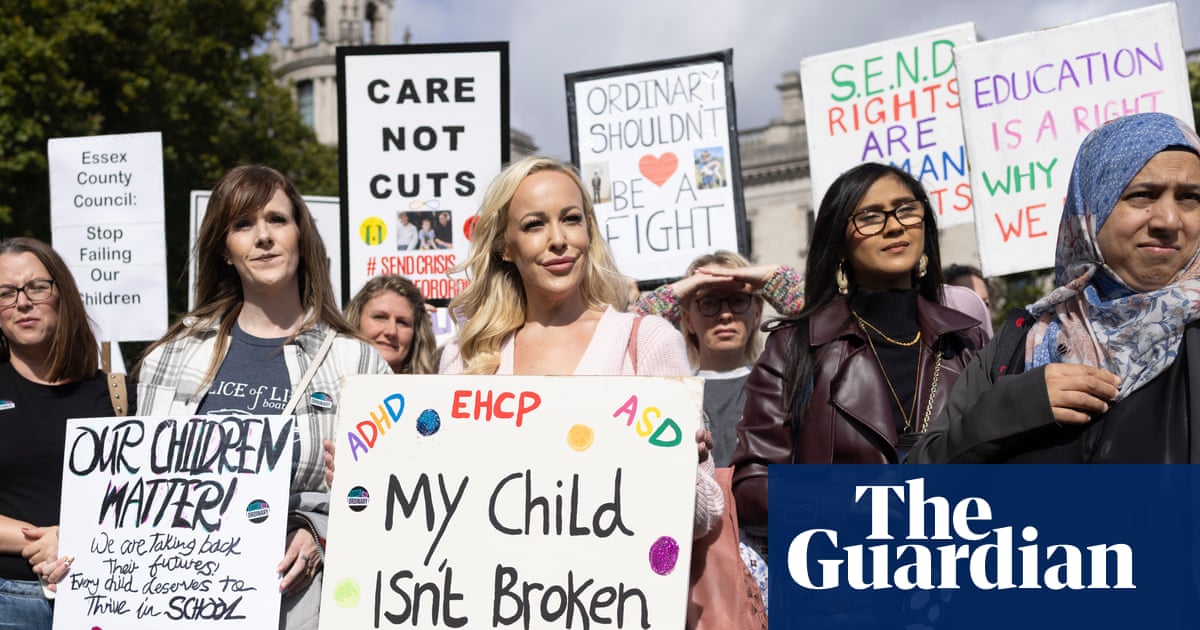Morning opening: What's Europe's position?

Jakub Krupa
EU foreign ministers are meeting this morning in Brussels to talk about the bloc’s position on Ukraine and Russia and the worsening crisis in the Middle East.
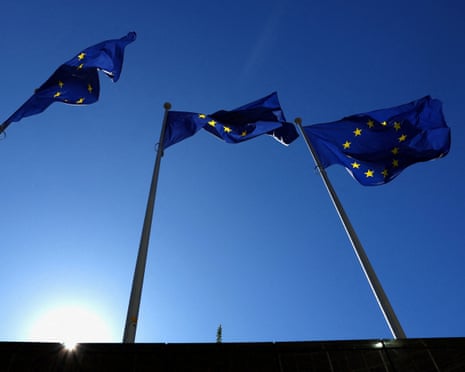
The foreign affairs council kicks off what some dubbed a “super week” in European – and not only – politics, with the Nato summit in The Hague and the European Council summit later this week.
And there’s plenty to talk about.
Today’s meeting starts with Ukraine, after another night of heavy Russian attacks with 352 drones and 16 missiles reported by the country’s air force, mostly targeting Kyiv. At least six were killed, and over a dozen were injured.
Ukrainian president Volodymyr Zelenskyy said that “preliminary reports indicate that ballistic weapons from North Korea were also used.”
“Everyone in countries neighbouring Russia, Iran, and North Korea should be thinking carefully about whether they could protect lives if this coalition of murderers persists and continues spreading their terror,” he warned.
Zelenskyy will be in Britain today for further talks on “new and powerful steps to increase pressure on Russia for this war and to put an end to the strikes.”
The EU ministers will then turn to the Middle East, likely calling for a return to negotiations and the need to avoid further escalation.
A big discussion is also expected on potentially triggering a review of the EU-Israel association agreement, but will they want to do this amid escalating and uncertain situation in the region?
Elsewhere, I will be checking on the latest in the buildup to the Nato summit, and other updates from Germany, Norway, Sweden and Romania among others.
It’s Monday, 23 June 2025, it’s Jakub Krupa here, and this is Europe Live.
Good morning.
Key events Show key events only Please turn on JavaScript to use this feature
Poland’s Radosław Sikorski is speaking to the media now.
He says Russia is using the escalating situation in the Middle East as a cover for intensifying its attacks on Ukraine.
Separately, Sikorski also says that more EU countries are now advancing with their plans to evacuate citizens from Israel and the broader region, and notes that Poland has just completed its third evacuation flight, helping some 300 people to leave in total.
On the EU-Israel association agreement, he says it has not been discussed yet, but might be later in the day.
EU wants a diplomatic solution in Iran, keeps focus on Ukraine
EU foreign policy chief Kaja Kallas said the leaders are “very much focused” on finding a diplomatic solution to the situation with Iran with growing “concerns of retaliation and this war escalating.”
She said that Iran’s decision to close the Strait of Hormuz “is something that would be extremely dangerous and not good for anybody.”
She also said the summit will discuss the association agreement with Israel, with the EU’s review ready for discussion, and Israel submitting its response.
On Ukraine, she said:
“… while our eyes are on what is happening in Iran and the Middle East, there are people dying and in Kyiv, because Russia is keeping the bombs and bombing Ukraine every single day.”
She said the focus was on agreeing further military and ammunition support for Ukraine and “pushing” for the 18th package of sanctions.
'Putin is a warmaker,' Ukrainian minister says after attacks on Kyiv
Ukrainian foreign minister Andrii Sybiha is taking part in this morning’s EU foreign affairs council.
In his opening comments, he worried about “another sleepless night in Kyiv” with another Russian “heavy missile attack on Ukrainian civilian targets.”
“That’s the real response of the Russian side to all peace efforts, all peace proposals,” he said.
“Putin is a warmaker,” he warned, adding it was the time “to engage all diplomatic instruments to raise the price for further Russian aggression” and “to force Russia to peace.”
Spain calls for suspending EU-Israel association agreement
Spain’s Albares also called for an immediate suspension of the EU-Israel association agreement, saying “the times of words and declarations is behind” and adding that “Palestinians in Gaza have no more time to lose.”
“If the association agreement is based on human rights, it’s the most normal thing that we suspend immediately today that association agreement and that we move forward.
That’s why I will ask for the suspension of the association agreement, an embargo of selling weapons to Israel, and enlarging the list of people that are being sanctioned to everyone that wants to be a spoiler of the two-state solution.”
The Spanish minister added that Europe “must show courage in favour of peace, of international law” and defend the values it is meant to stand up for.
Spain reaches agreement with Nato on 5% defence spending, minister says
Spanish foreign minister José Manuel Albares is among the first to arrive at the foreign affairs council in Brussels.
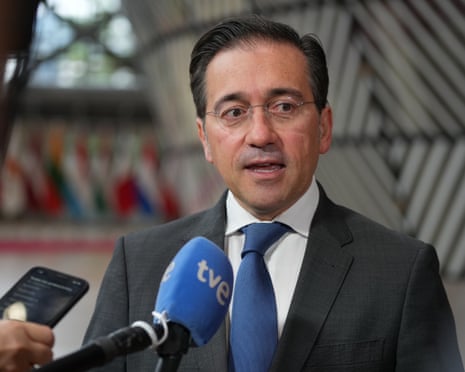
He says that over the weekend, Spain has reached an agreement with Nato on the proposed 5% defence spending commitment to be adopted at this week’s summit, after prime minister Pedro Sánchez harshly criticised it as “unreasonable” and “unproductive”.
By the sound of it, the fix relies on changing the wording to make it sound like Spain agrees with the ambition, but is not bound by the percentage – as long as it meets its obligations in another way.
Albares said Spain remained “fully committed” on “unity and the European and Euro-Atlantic security,” with “a historic number of Spanish soldiers on the eastern flank” of Nato.
But, he said, “we think that the debate must not be around percentage, but capabilities,” and that Spain can meet its obligations spending less, around 2.1%.
Morning opening: What's Europe's position?

Jakub Krupa
EU foreign ministers are meeting this morning in Brussels to talk about the bloc’s position on Ukraine and Russia and the worsening crisis in the Middle East.

The foreign affairs council kicks off what some dubbed a “super week” in European – and not only – politics, with the Nato summit in The Hague and the European Council summit later this week.
And there’s plenty to talk about.
Today’s meeting starts with Ukraine, after another night of heavy Russian attacks with 352 drones and 16 missiles reported by the country’s air force, mostly targeting Kyiv. At least six were killed, and over a dozen were injured.
Ukrainian president Volodymyr Zelenskyy said that “preliminary reports indicate that ballistic weapons from North Korea were also used.”
“Everyone in countries neighbouring Russia, Iran, and North Korea should be thinking carefully about whether they could protect lives if this coalition of murderers persists and continues spreading their terror,” he warned.
Zelenskyy will be in Britain today for further talks on “new and powerful steps to increase pressure on Russia for this war and to put an end to the strikes.”
The EU ministers will then turn to the Middle East, likely calling for a return to negotiations and the need to avoid further escalation.
A big discussion is also expected on potentially triggering a review of the EU-Israel association agreement, but will they want to do this amid escalating and uncertain situation in the region?
Elsewhere, I will be checking on the latest in the buildup to the Nato summit, and other updates from Germany, Norway, Sweden and Romania among others.
It’s Monday, 23 June 2025, it’s Jakub Krupa here, and this is Europe Live.
Good morning.

.png) 2 months ago
43
2 months ago
43
